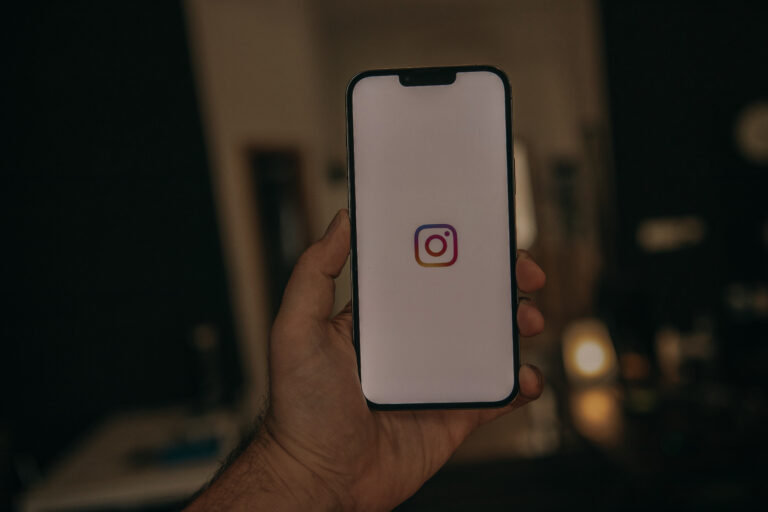Staying ahead of the curve is not just advantageous; it’s an essential piece of your digital marketing strategy. With the proliferation of social media platforms and the ever-shifting consumer behavior, this is where influencer marketing steps in, offering businesses a contemporary approach to reach their target audience effectively. So let’s talk about why influencer marketing has become a cornerstone for modern businesses, backed by compelling data.
First, let’s address the fundamental question: What is influencer marketing? At its core, influencer marketing involves collaborating with individuals who have a large, dedicated and engaged following on social media platforms. These influencers, through their authentic content and relatable personas, have the power to sway the purchasing decisions of their audience and raise brand awareness or association.
One of the primary reasons why businesses should embrace influencer marketing is its unparalleled reach. Consider this: as of 2022, over 4.48 billion people worldwide are active social media users, a number projected to increase steadily. With such a vast audience at their disposal, influencers have the ability to amplify a brand’s message far beyond traditional advertising channels. Research by Influencer Marketing Hub revealed that 63% of marketers intend to increase their influencer marketing budget in the next year, underlining its growing importance.
Moreover, influencer marketing boasts impressive ROI (Return on Investment) metrics. According to a report by Influencer Marketing Hub, businesses generate $5.20 for every dollar spent on influencer marketing, with the top 13% earning an astounding $20 or more. This stellar ROI can be attributed to the targeted nature of influencer campaigns, where brands collaborate with influencers whose audience closely aligns with their target demographic.
Another compelling reason for businesses to leverage influencer marketing is its authenticity and trustworthiness. In an era dominated by ad fatigue and skepticism towards traditional advertising, consumers crave authenticity. Influencers, with their genuine interactions and personal endorsements, bridge the gap between brands and consumers, fostering trust and credibility. A survey by Stackla found that 86% of consumers believe authenticity is important when deciding which brands to support, further emphasizing the significance of influencer authenticity.
Furthermore, influencer marketing facilitates seamless integration with other digital marketing strategies. Whether it’s content marketing, social media advertising, or SEO (Search Engine Optimization), influencer collaborations can complement and enhance existing marketing initiatives. By incorporating influencer-generated content into their marketing mix, businesses can diversify their content strategy and engage with their audience across multiple touchpoints.
Additionally, influencer marketing enables businesses to tap into niche markets and micro-communities. While macro-influencers boast massive followings, micro-influencers, with their smaller but highly engaged audience, offer a unique opportunity for targeted marketing. Research by Markerly found that micro-influencers, on average, have 22.2 times more conversations each week than the average consumer, highlighting their ability to drive meaningful engagement and conversations around a brand.
Influencer marketing has emerged as a strong tool for businesses looking to navigate the intricacies of the digital landscape. With its expansive reach, impressive ROI, authenticity, and seamless integration capabilities, influencer marketing offers a compelling proposition for brands seeking to connect with their audience in a meaningful way. By harnessing the power of influencer partnerships, businesses can elevate their marketing efforts, drive brand awareness, and ultimately, boost their bottom line. In an era defined by constant change and innovation, embracing influencer marketing is a strategic imperative for businesses looking to thrive in the digital age.






